
The game is for 2-6 players, with each player having a small cardboard playmat upon which cards are placed and revealed. It is intended to be played by 3 or more players, but can also be played with only 2.
At the start of a game, each player is dealt a number of “population cards,” ranging in denomination from 1 million to 25 million people. Players must protect their population, as the total loss of population leads to player elimination. They are then dealt a number of cards, which may be of the following types:
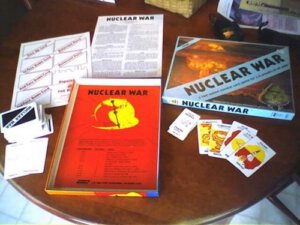
Propaganda, which steal another player’s population, but have no effect once war has started.
Delivery Systems (Missiles & Bombers), which stay in play ready to hold a warhead.
Warheads, which are fitted to a Delivery System, or discarded if there is not one available for them.
Specials, which are usually defensive cards to shoot down incoming Missiles, or cards to increase the devastation caused by attacks.
Initially, players take turns playing secrets. Once all players have played all secrets and replaced cards from the deck they can announce ‘no secrets’ and place two cards face down. Players then take turns during which they will play a third face down card, and then reveal the oldest face down card (first in, first out) and resolve it. Secrets and propaganda cards are resolved immediately upon being exposed, while missile launches take more than one turn to properly setup.
Once players have a warhead fitted to a delivery system (for example by revealing a missile on one turn, and revealing a warhead on a subsequent turn), they may launch an attack. A successful attack reduces the target player’s population; when a player’s population reaches zero, they may launch an immediate retaliatory attack (called “final retaliation”) but are then out of play. Often, this strike will end another player’s game, leading to a final strike on a third party, and so on. Hence, in some cases, many players can be removed at once (via this mutual assured destruction method). If a player is knocked out with a propaganda card, no retaliation is allowed. When someone launches an attack, war is declared and propaganda cards are now worthless until a player is eliminated, at which time “peacetime” resumes.
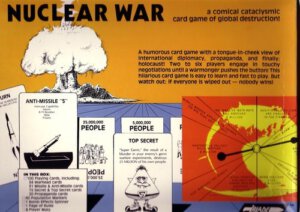
Alternately, a variant scoring system determines the winner via a point system — 1 point for a knock out, 2 points for a propaganda knock out, 3 points for a retaliation knock out, a variable number of points for position depending on number of players, and finally 2 points for surviving (with the survivor not necessarily being the points winner).
The delivery systems in the game reflect those rockets that were in the American arsenal at the time, including Atlas, Titan and Saturn rockets. The available systems include the XB-70 Valkyrie deep penetration bomber, which had been cancelled several years prior to the game’s release, but which had two operational prototypes at the time.
Nuclear War has had a number of expansions over the years including Nuclear Escalation, Nuclear Proliferation, and Weapons of Mass Destruction along with some bonus packs and a short lived (and ill advised) booster pack system of cards.
Nuclear War was always a fun game – in fact it was a blast – and it’s one of those games that are perfect to play as a game night is winding down.
- Tiny Cyberpunk has Landed in PDF - Apr 25, 2025
- Gary’s Appendix: Hardcover Omnibus is Up for Crowdfunding - Apr 25, 2025
- Save on the Coyote & Crow RPG through Bundle of Holding - Apr 25, 2025
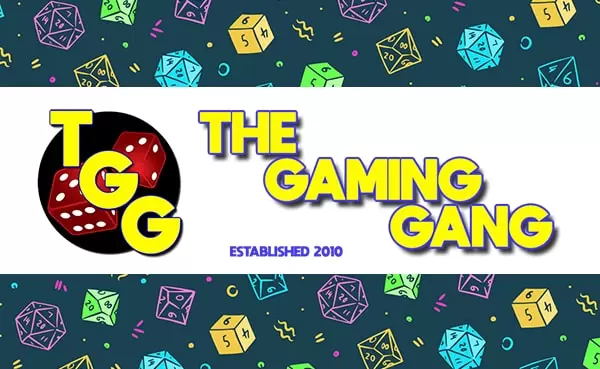

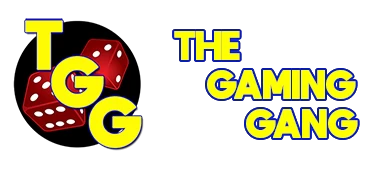


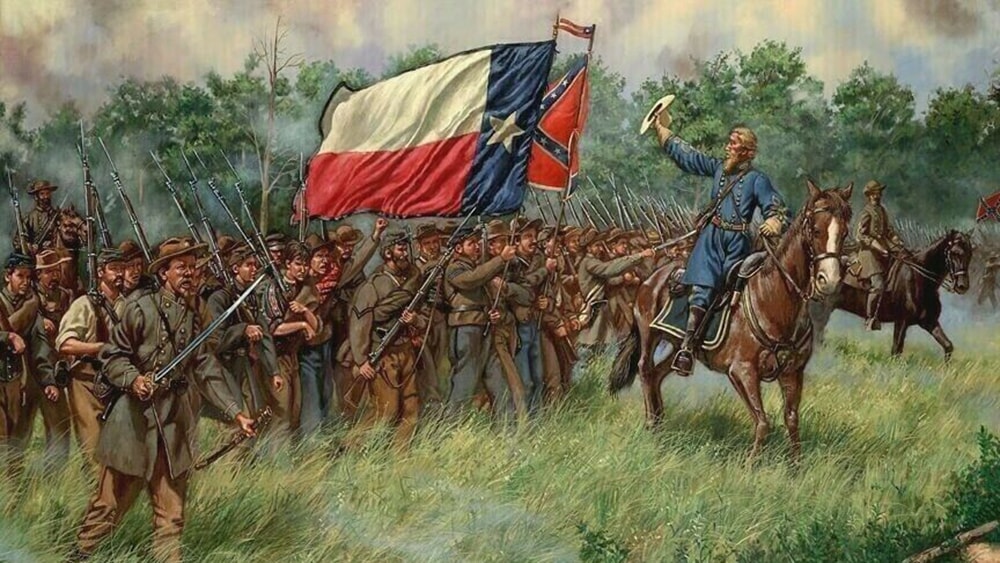


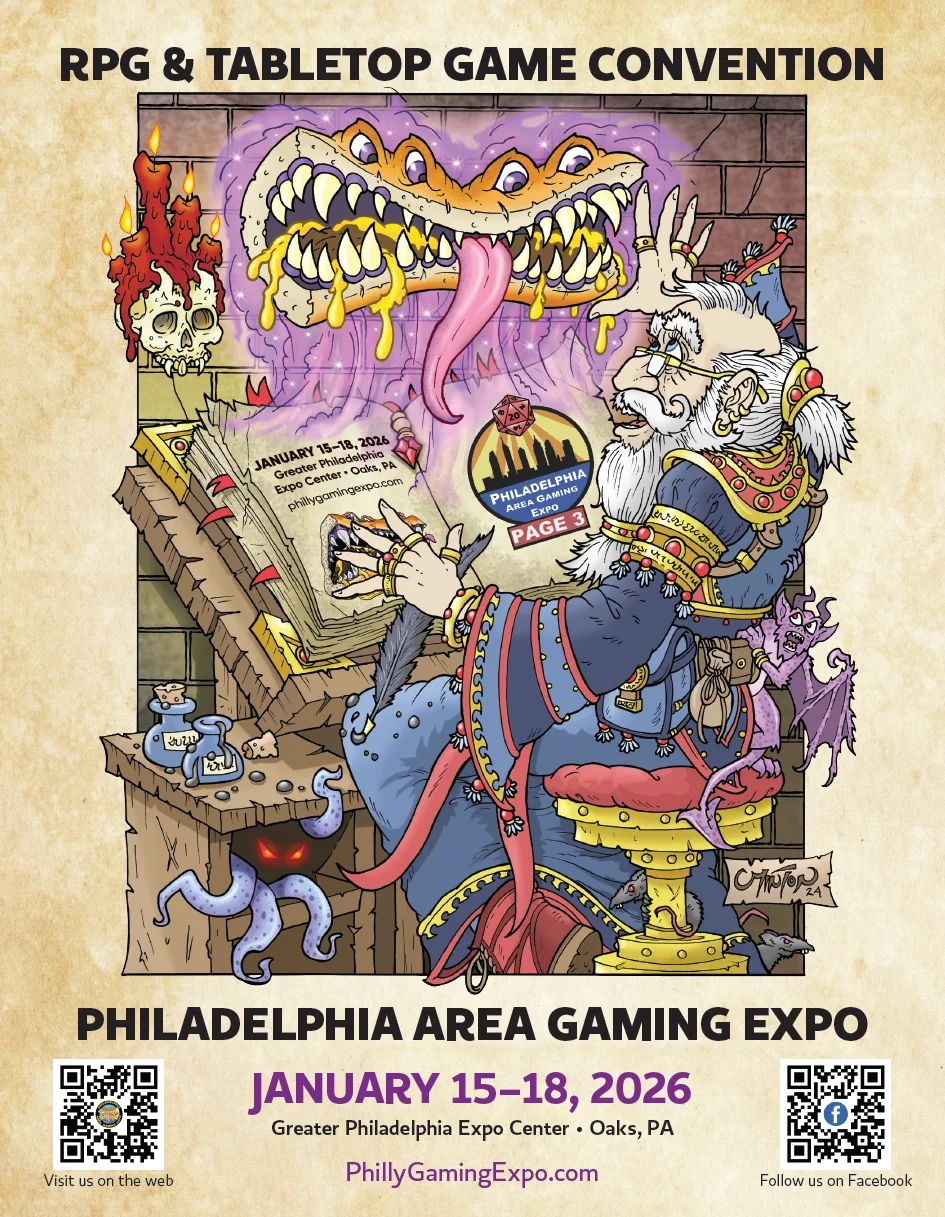

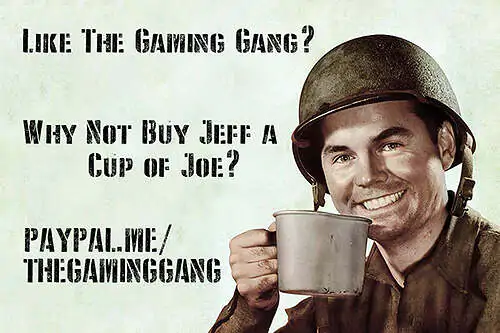
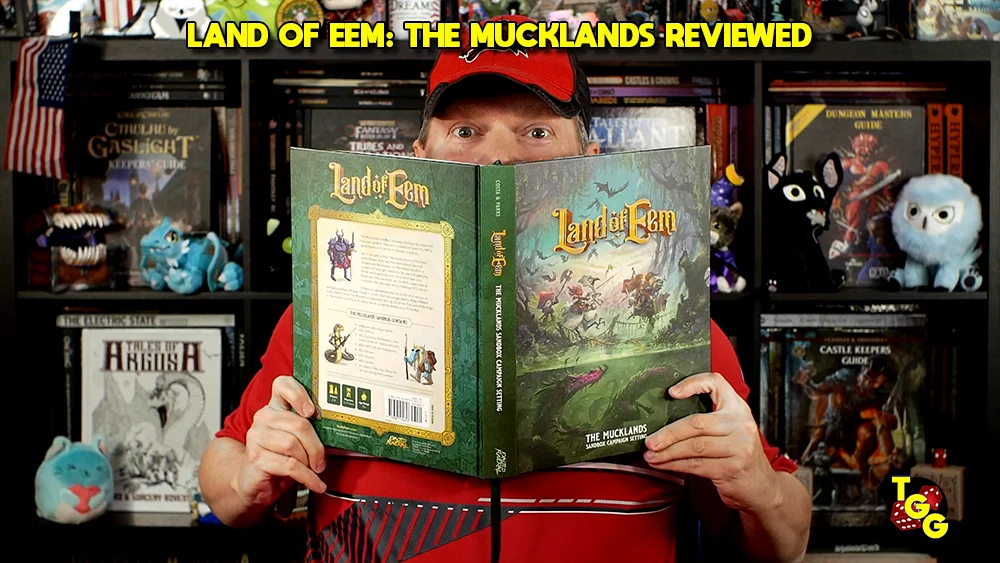

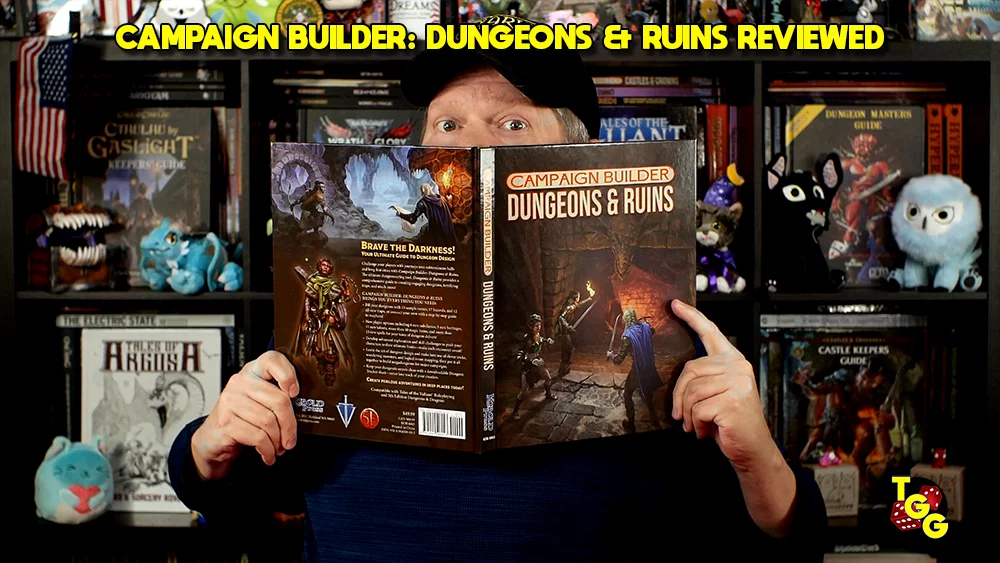


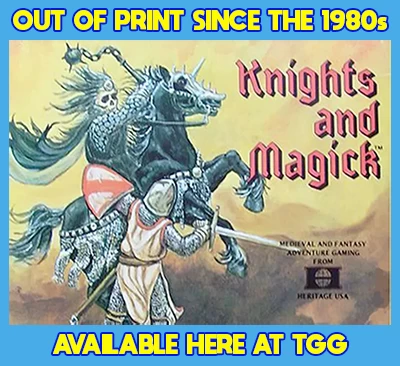


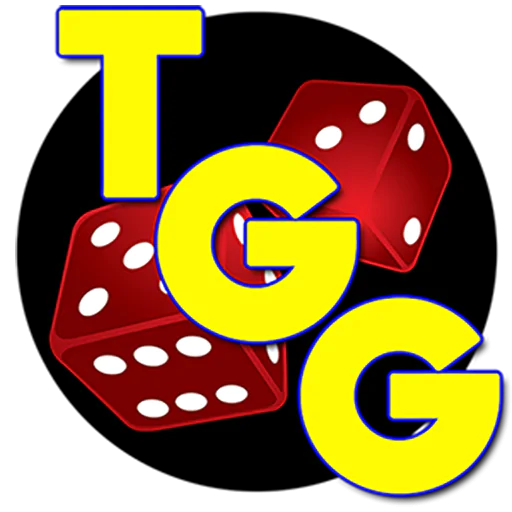
Hoi Jeff, and good on you with covering this here as well then. There was also the "Doomsday" effect for when you had the largest warhead delivered and SPUN the spinner to have it land on that "dreaded & sweated spot" which resulted in the World's destruction where ALL then shall have lost! In addition, you could utilize some of the components from the series within that "India Rails" with the VARIANT on such, and I'll leave it up to you on locating this for going over the finer details to present yet another interesting aspect through an article in the near future too.
GROGnads
I thought Nuclear Escalation added a lot to the game… either way I and my group thought it was an excellent "filler" game. We broke it out during con downtimes and the 15-30 minute playtime was perfect. We also loved, sadly, the doomsday result and the final retaliation mechanic that mean…nobody wins!
Love the website. Your liberal use of graphics helps break down the text into readable chunks. It's a keeper.
I'm glad you like the site! We loved Nuclear War too! We did the same as yourself, knock out a game or two at game days and conventions during a break in the action. Currently I'm looking to see if I might have an opportunity to sit down with Rick Loomis of Flying Buffalo Games (located near by in Scottsdale, Arizona) to have a chat about the company and Nuclear War.